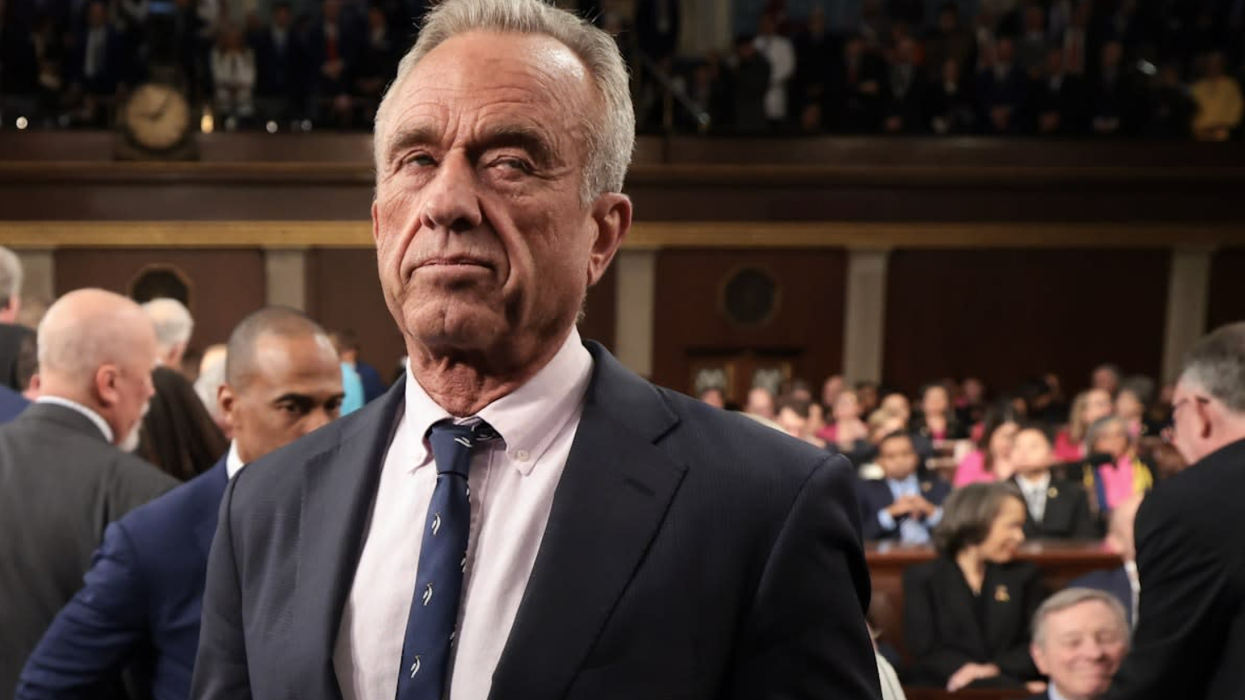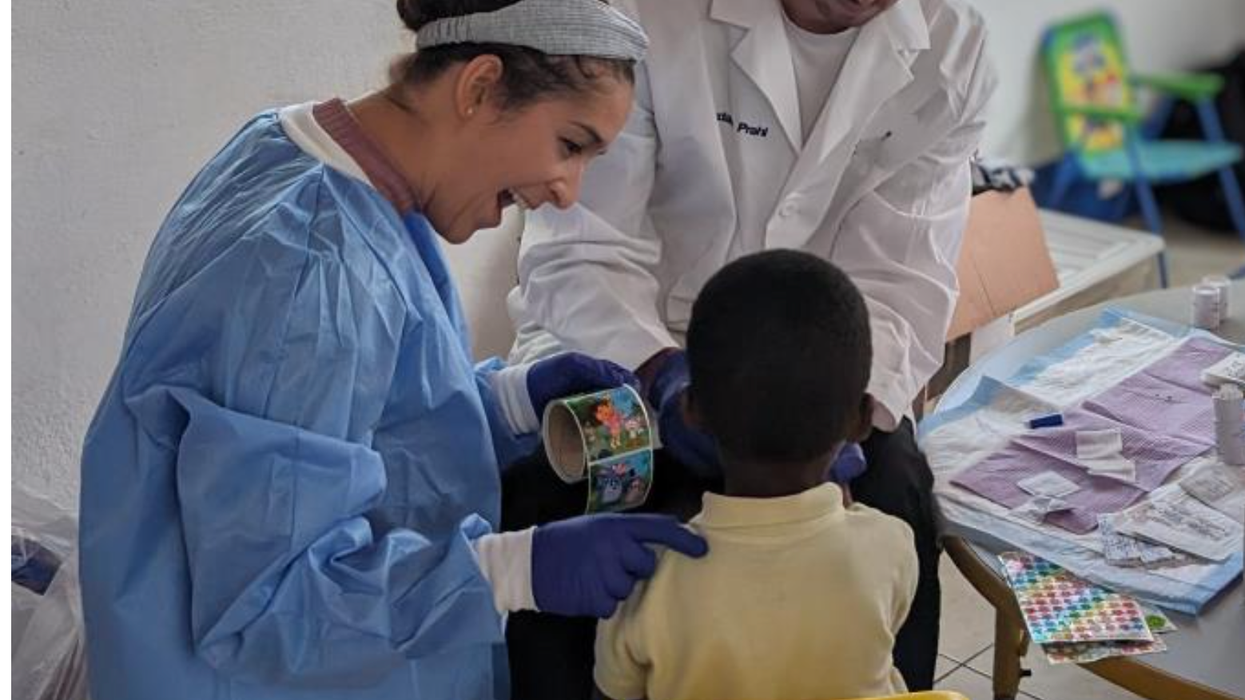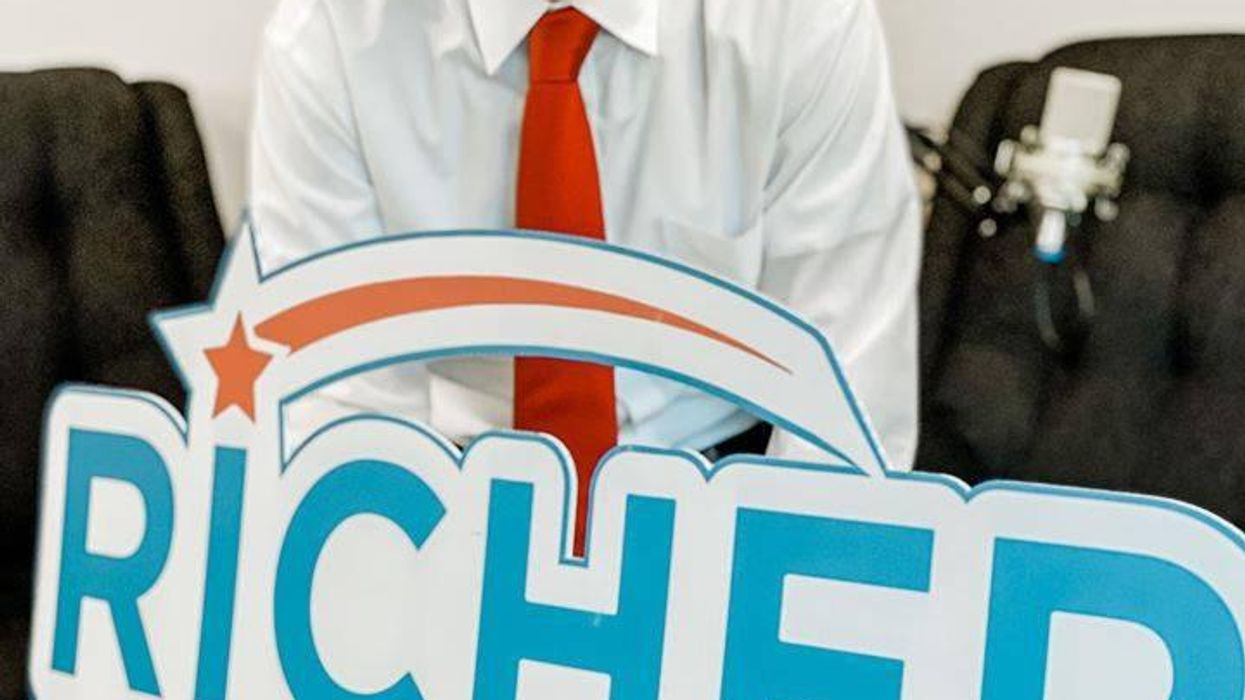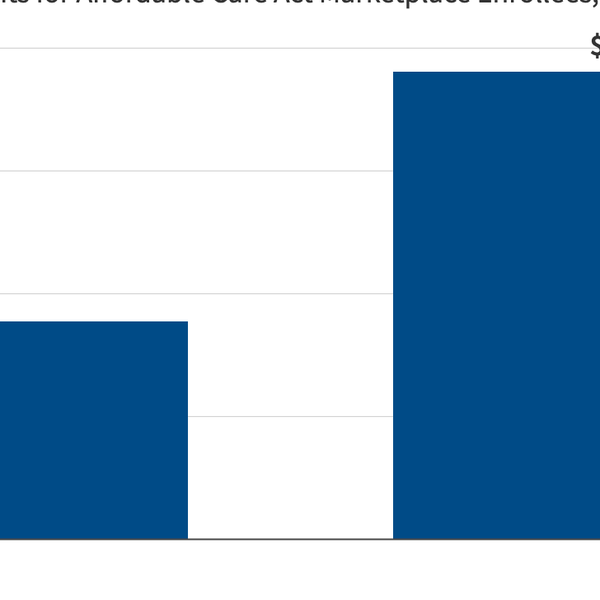RFK Jr. Rips Away Protection Of Human Subjects In Medical Trials
In 1999, 18-year-old Jesse Gelsinger eagerly signed up for a clinical trial testing a promising therapy for his rare genetic disorder. The Arizona resident’s dream was to lead a normal life that wouldn’t require him swallowing four dozen pills a day simply to stay alive.
He traveled to the University of Pennsylvania where physician-scientists were conducting an early experiment in gene therapy. They told Gelsinger they would implant a working gene for his mutated one using a viral vector. What they failed to tell him was that two of the previous 17 patients in the trial had developed serious side effects; two lab monkeys had died from high doses of the gene-transfer vector; and the lead physician-scientist had an ownership stake in the company sponsoring the trial.
Four days after receiving the treatment, Gelsinger died from a massive inflammatory reaction that shut down his kidneys, liver and lungs. His death received substantial news coverage since gene therapy was the hot new thing in medical science.
The Senate held hearings and legislators promised sweeping reforms of the nation’s institutional review boards (IRBs). Every institution running clinical trials relies on its IRB to review trial protocols and patient informed consent processes to ensure adherence to the highest safety and ethical standards.
IRBs and their minders
While the first IRBs were established in the 1950s, they didn’t become mandatory until the horrors of Tuskegee Syphilis Study became known. In that infamous experiment, which ran from 1932 to 1972, the U.S. Public Health Service denied readily available antibiotic treatment to 400 African American men with syphilis, choosing instead to study them to learn more about the progression of the disease. African Americans’ memory of that gross violation of medical ethics (“first do no harm”) bred an ongoing distrust of the medical system that has limited their participation in clinical trials to this day.
In the wake of Gelsinger’s death, the Health and Human Services Department created the Office of Human Research Protections (OHRP) to police clinical trials. HHS ordered the Food and Drug Administration and OHRP to step up oversight of clinical trials protocols, increase field inspections, and immediately report serious side effects and any deaths. It also prohibited researchers from having a financial stake in their trials and toughened the rules governing informed consent disclosures for prospective participants.
But those requirements, which the nation’s 2,300 IRBs must insure their institutions adhere to, have never been rigorously enforced. Johns Hopkins University, the University of Rochester and the University of Colorado are among the small handful of institutions that have had their right to run clinical trials briefly suspended for ethics violations, with none coming in the past decade.
In part that’s because over the past 20 years, the OHRP’s inflation-adjusted budget had shrunk by a third. Its 40 budgeted positions had been whittled down to 20 by the end of the Biden administration. A 2023 Government Accountability Office report found OHRP conducted just 3 or 4 clinical trial site visits annually, while the FDA averaged just 133 inspections per year between 2010 and 2021.
This limited oversight is especially worrisome when it involves clinical trials for experimental drugs seeking FDA approval. While only 2% of IRBs are independent (non-university or medical center based), they provided oversight for 48% of all investigational drug research in 2021. Just two private equity firms -- Advarra (partially owned by Blackstone) and WCG Clinical (partially owned by Leonard Green and Arsenal Partners) – dominate that privatized market with a 92% share, according to the GAO. These for-profit IRB firms represent a blatant conflict of interest since future work depends on pleasing their current pharmaceutical and medical device industry clientele.
Oversight axed
Despite lax enforcement, the Trump administration is moving quickly to eliminate what little IRB oversight still exists. In early April, the acting head of OHRP abolished the Secretary’s Advisory Committee on Human Research Protections, a panel of 11 volunteer bioethicists, clinicians, scientists and lawyers that offers bioethics and regulatory advice to OHRP. Last week, an industry newsletter reported the staff at OHRP has been whittled down to just nine people.
The IRBs themselves face future financial hurdles from the new National Institutes of Health rule limiting overhead payments to no more than 15% of any NIH research grant, which universities are contesting in court. University and medical center IRBs, which are independent of the researcher receiving the grant, are funded with those overhead payments.
“The IRB system serves as a critical mechanism for protecting participants and minimizing the potential for serious incidents that could jeopardize public trust,” authors of a JAMA Network Viewpoint wrote this week. The authors included the heads of the Association for the Accreditation of Human Research Protection Programs and Public Responsibility in Medicine & Research, which trains and certifies IRB participants. “To meet their ethical and legal obligations—and minimize delays associated with their oversight—IRBs require significant resources, a substantial portion of which come from indirects on federal grants.”
Well before the current round of cuts, the IRB system drew persistent criticism from bioethicists. In addition to the occasional high-profile deaths or serious adverse events in an IRB-approved trial, the university-based boards are frequently accused of failing to enforce informed consent requirements. They rarely police researchers who obtain signatures on consent forms from patients who don’t truly understand the risks they face (so-called “check the box” consent). Some still allow clinicians with financial ties to the sponsoring companies to enroll patients.
These internal boards, while trained and certified, can be subject to the same institutional pressure as privately-owned IRBs. Their university employers want the research money to continue pouring in. The stipends many receive for serving on IRBs depends on that cash flow. These pressures can lead to hasty approval of studies with minimal questioning even when some IRB members have ethical qualms. It’s often easier to let things slide when you know there’s no cop on the beat.
“How is it possible that we’ve had such a weak ineffective organization (OHRP) overseeing research for so long? There needs to be something else,” said Carl Elliott, a trained physician and bioethicist who is now a professor of philosophy at the University of Minnesota. “On the other hand, I don’t think it needs to be nothing, which is what RFK Jr. has in mind.”
Meanwhile, drug and device companies and their defenders attack IRBs from the other direction. They accuse review boards of being cumbersome and bureaucratic, delaying research and hampering innovation.
And that may explain why the Trump administration surgically targeted OHRP and its advisory committee for elimination. “This is a disaster for effective oversight,” said Robert Steinbrook, director of the Public Citizen Health Research Group. “There’s not going to be much federal involvement in protecting human subjects.”
Merrill Goozner, the former editor of Modern Healthcare, writes about health and politics at GoozNews.substack.com, where this column first appeared. Please consider subscribing to support his work.
Reprinted with permission from Gooz News.












